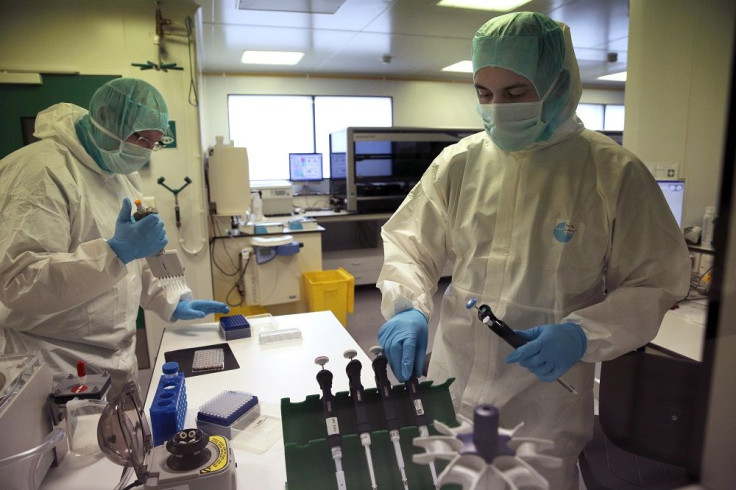Chinese Researchers Edit DNA Of Human Embryo For 1st Time, Remove Genes That Cause Fatal Blood Disorder; Ethicists Warn Of Dangers Of Genome Editing

Sun Yat-Sen University researchers made medical history by successfully editing the genes of a human embryo. While a big leap for science, the move has been criticised in some medical circles.
The researchers used the CRISPR/Cas 9 technique to remove from donor embryos the HBB gene that causes β-thalassaemia, a deadly blood disorder, reports Engadget. The technique uses a genetic scissors, or a complex enzyme, to cut and replace faulty gene segments with functional parts of DNA. The technique has been used in adult cells.
The breakthrough, though, had resulted in debate about the ethics of using the technique. On one hand, those who favour using the technique said it could help removing genetic disorders such as Parkinson’s, Down syndrome or Sickle-Cell Anemia that affect the quality of life. On the other hand, those opposed warned that by manipulating genes to destroy prenatal diseases could have unintended consequences, possibly worse that what was intended to cure.
In opposing the editing of embryonic cells, Alliance for Regenerative Medicine Chairman Edward Lanphier wrote in an op-ed for Nature that there is a fundamental ethical issue involved when crossing the boundary to modify human germ life. He stressed, “We are humans, not transgenic rats.”
One argument against gene editing is that even the Chinese experiment failed. While the researchers were not planning to produce a baby since they used a defective embryo, after editing the genes, the 85 human embryos the researchers injected died or failed to alter the gene. In the four embryos which they edited, some of the embryo cells overrode the editing and yielded embryos that were genetic mosaics, observes the New York Times.
Commenting on the failures of the Chinese research, Dr George Daley, stem cell researcher at Harvard, said gene editing is an unsafe procedure that must not be used. “Their study should give pause to any practitioner who thinks the technology is ready for testing to eradicate disease genes during I.V.F.,” Daley said.
Lanphier added that “genome editing in human embryos using current technologies could have unpredictable effects on future generations. This makes it dangerous and ethically unacceptable.”
To contact the writer, email: v.hernandez@ibtimes.com.au





















